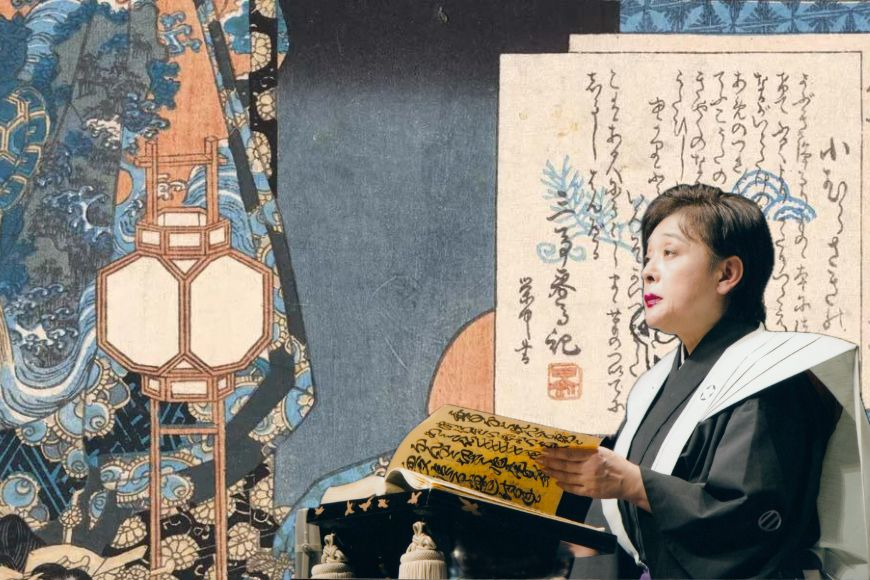Female Gidayū Music Workshop
271 19th Ave S
Minneapolis,
MN
55455
About:
Gidayū is four-century old, theatrical narrative music characterized by its dramatic nature. At this workshop participants will learn more about this music through a demonstration, short talk, and Q&A. This event is free and open to the public. Please also join us for a recital will take place the following day (April 4th) from 4:00-6:30 pm in Best Buy Theatre at Northrop Auditorium.
About the Artists:
Takemoto Koshikô is one of the most prominent female gidayû chanters today. At the age of eighteen, she was recognized by a top female gidayû chanter, Takemoto Koshimichi (1912-2013), and became her disciple. Starting with an Emerging New Performer Award (1976), Koshikô has since garnered many prestigious awards. Among them, in 2000, she was designated as one of the Preservers of Important Intangible Cultural Properties (Collective Certification for Gidayû music), and in 2020, she was decorated with an Excellence Award for her performance at the Agency for Cultural Affairs’ National Arts Festival. She has also been actively performing overseas with puppets (in France, the United States, Russia, Indonesia, Korea, etc.), and she has collaborated with performers in such various genres as all-female puppet theatre, dance, and contemporary theatre.
Designated as a Preserver of Important Intangible Cultural Properties (Collective Certification for Gidayû music) in 2018, Tsuruzawa Sansuzu is one of the most renowned shamisen-string instrumentalists in women's gidayû. In 1991, she became a disciple of Living-National-Treasure Takemoto Komanosuke (b. 1935) and made her debut in 1994. Awards she has received include a Gidayu Association Newcomer Encouragement Award (2000), a Japanese government's Agency for Cultural Affairs Internship (2001), and Seieikai Foundation's Encouragement Award (2007). She is also performing in such areas as NHK's broadcast programs, internet radio, inter/cross-genre collaborations, and oversea performances. Having completed her master’s degree in Musicology at Tokyo University of the Arts, she also teaches at Tokyo College of Music and Tokoha University.
This program is made possible by the generous contributions of: The Departments of Asian and Middle Eastern Studies, History, Cultural Studies & Comparative Literature; The Center for Premodern Studies; and the Mary Livingston Griggs and Mary Griggs Burke Foundation.
